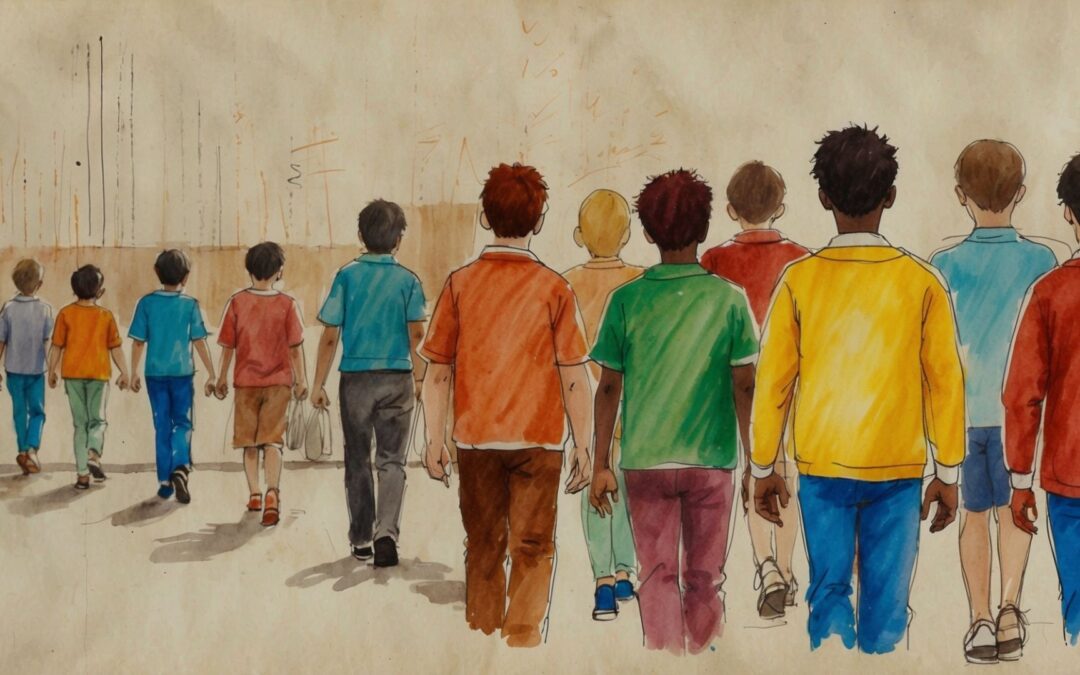Introduction
Social media has revolutionized the way we communicate and interact with one another, particularly in the realm of politics. With the rise of platforms like Twitter, Facebook, and Instagram, political discourse has become more accessible than ever before. While social media can provide a platform for diverse opinions and ideas, it has also had a profound impact on political discourse, both positive and negative. In this article, we will explore the impact of social media on political discourse, and how it has transformed the way we discuss and engage with politics.
The positives
Social media has had several positive impacts on political discourse. Firstly, it has increased political participation and engagement. Social media platforms have made it easier for individuals to voice their opinions and engage in discussions with like-minded individuals. This has resulted in a wider range of voices being heard in political discussions, particularly from traditionally marginalized groups who previously lacked a platform to express their opinions.
Secondly, social media has helped to hold politicians accountable. Politicians are now more accessible than ever before, with social media platforms allowing the public to directly communicate with them. This has made it easier for individuals to hold politicians accountable for their actions and to demand transparency and accountability from them.
Thirdly, social media has facilitated the spread of political awareness and education. Social media platforms provide access to a wealth of information and resources that individuals can use to learn more about politics and policy. This has led to an increase in political awareness and education, particularly among younger generations who are more likely to engage with social media.
The negatives
However, social media has also had several negative impacts on political discourse. Firstly, social media platforms have facilitated the spread of misinformation and fake news. False information can be spread quickly and easily on social media, often without any fact-checking or verification. This has resulted in the proliferation of conspiracy theories and misleading information that can negatively impact political discourse and undermine public trust in democratic institutions.
Secondly, social media has contributed to the polarization of political discourse. Social media algorithms often prioritize content that aligns with a user’s existing beliefs and opinions, which can lead to individuals becoming more entrenched in their political beliefs and less willing to engage with opposing viewpoints. This can result in a more polarized political discourse, with less room for compromise and collaboration.
Thirdly, social media has provided a platform for online harassment and abuse. Politicians and public figures are often subject to online harassment and abuse, particularly if they express controversial opinions or views. This can have a chilling effect on political discourse, with individuals feeling less comfortable expressing their opinions online for fear of being targeted by online trolls.
Conclusion
In conclusion, social media has had a profound impact on political discourse, both positive and negative. While social media has increased political engagement and awareness, it has also contributed to the spread of misinformation and polarization of political discourse. As social media continues to play an increasingly important role in political discussions, it is important that we are aware of its potential drawbacks and take steps to mitigate its negative impacts. By promoting responsible and informed social media use, we can help to ensure that social media continues to be a positive force for political discourse.
Keywords:
- Social media: Online platforms that allow users to communicate and share information with one another.
- Political discourse: Discussion and debate related to politics, including policies, issues, and candidates.
- Positive impacts: Benefits or advantages of social media on political discourse.
- Political participation: The act of engaging in political activities, such as voting or campaigning.
- Accountability: The obligation of politicians to be transparent and responsible for their actions.
- Transparency: The quality of being open and honest about one’s actions and intentions.
- Political awareness: Understanding and knowledge of politics and political issues.
- Misinformation: False or inaccurate information that is spread intentionally or unintentionally.
- Fake news: False or misleading information presented as if it were real news.
- Polarization: The process of becoming more divided or extreme in one’s political beliefs.
- Algorithm: A set of instructions followed by a computer to perform a task, such as selecting content to display to a user.
- Opposing viewpoints: Different perspectives or opinions on a political issue or topic.
- Online harassment: Behavior that is intended to harm or intimidate others online.
- Abuse: Cruel or violent treatment of a person, often with the intent to harm or control them.
- Compromise: A willingness to make concessions or agreements with those who hold different opinions or beliefs.











0 Comments